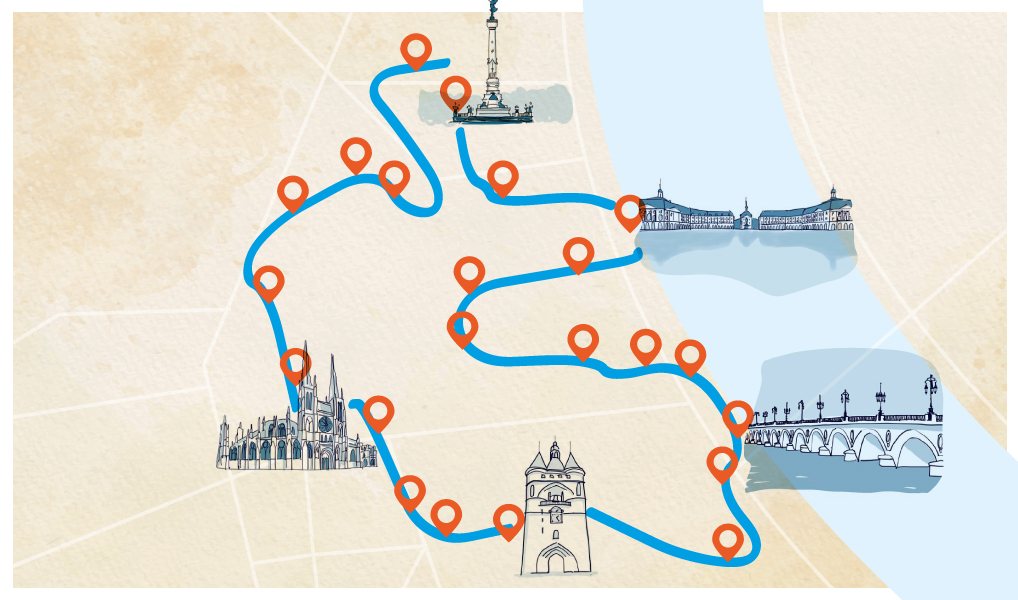
The Great Theatre
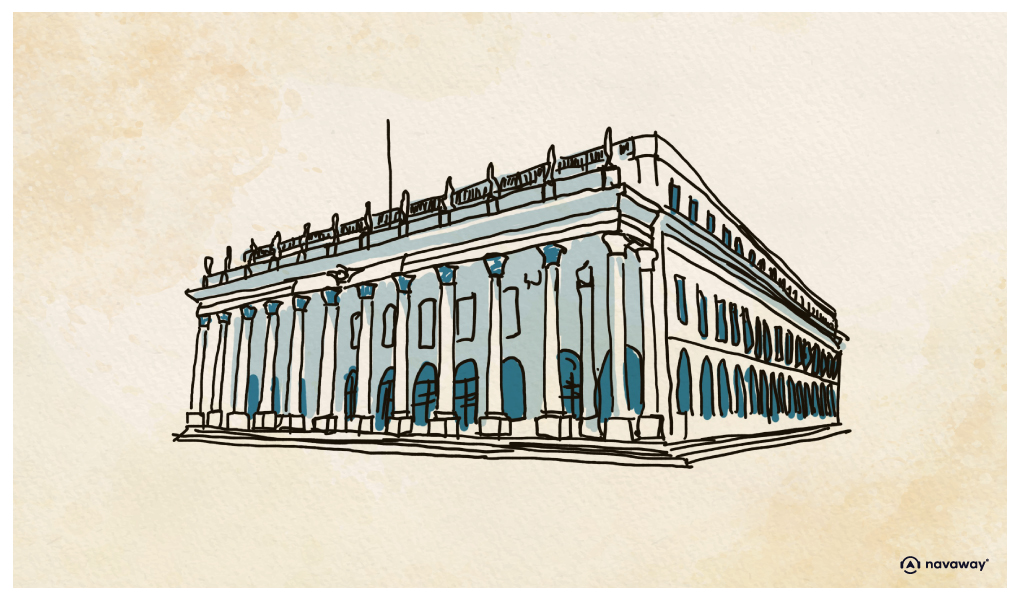
This point of interest is available as audio on the tour: Visit Bordeaux, The Sleeping Beauty
Once you’ve arrived at the Comedie square, the real excitement begins! Here, you are in front of one of the most beautiful 18th-century theatres in the world! The Great Theatre stands proudly in front of you on the historic site of the ancient Gallo-Roman forum. It may be hard to imagine today, but in the 3rd century AD, the huge Tutela pillar temple stood right here. It was dedicated to goddess Tutela, protector of the city. This 24-column temple, with a total height of 26 metres, was demolished in 1677 by Vauban, when the Trompette castle was transformed into a fortified citadel. In the 18th century, Bordeaux was still trapped within its city walls. It was to undergo a period of embellishment and urban transformation, in response to its demographic explosion and economic expansion. It was in this spirit of renewal that the Great Theatre standing before you today was built. There had been a few theatres before this one, but the people of Bordeaux wanted a big, beautiful theatre, like those in Lyon or Montpelier, to show the greatness of their booming city to the world. The construction of the Great Theatre was financed by the Freemasons of Bordeaux, and the foundation stone was laid by Philippe d’Orléans, Grand Master of the French Masons. As you can imagine, the theatre is full of secret symbols. If you’d like to find out more, I recommend you to take one of the guided tours of the Bordeaux Masonic Theatre, organised by the city. Today, the theatre stands in antique style, with its peristyle of 12 Corinthian columns. At the top, you are welcomed by muses, set on the balustrade, they are the nine daughters of Zeus, and three goddesses, Juno, Venus and Minerva. One can note that Urania, the muse of astronomy, is the only representation of art, that has evolved into a science. Over the course of time and successive restorations, the Bordeaux Opera House has recovered its traditional colours of white, blue and gold, rather than the red and gold of the Italian-style theatres. Few theatres in France still sport these colours. The magnificent dome, painted by Robin, is a tribute to arts and craftsmen who designed the building, as well as to the city of Bordeaux. Charles Garnier was so impressed by the three-flight grand staircase that he used it as inspiration for the design of his Paris opera house. On a completely different note, during the Franco-Prussian war in 1870, Bordeaux briefly became the capital of France, and it was the Great Theatre that held the first elected assembly of the Third Republic . So don’t be surprised to learn that the Great Theatre is a listed historic monument and one of the city’s most emblematic landmarks.


Discover Bordeaux with app
An interactive guide through the most beautiful streets, squares, and districts
29 fun audioguides full of historical facts, anecdotes, and legends
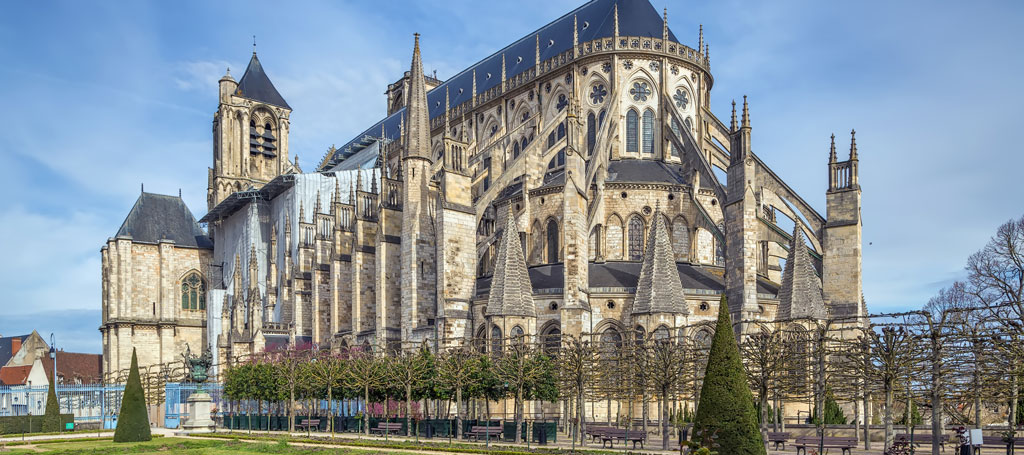
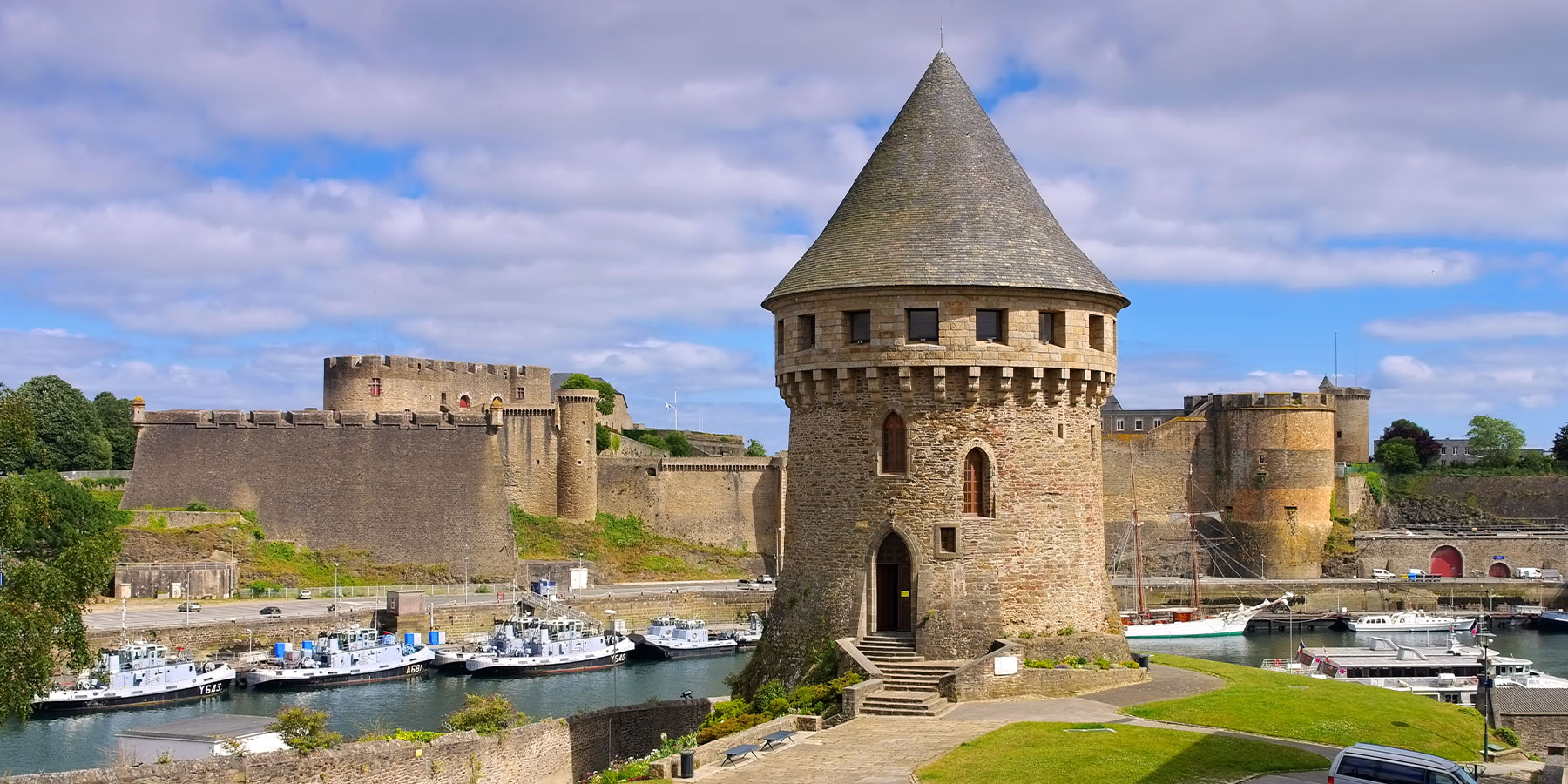
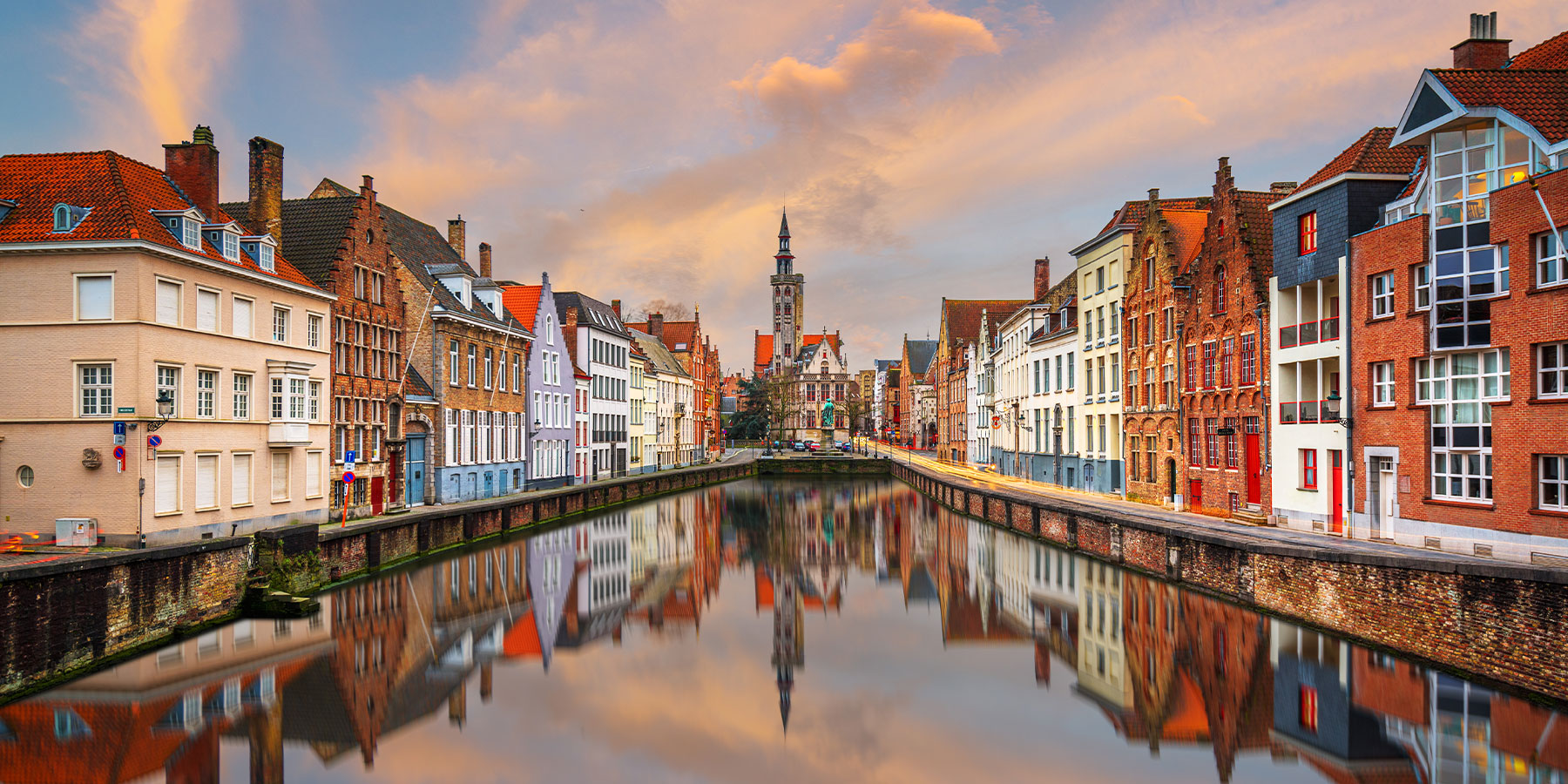
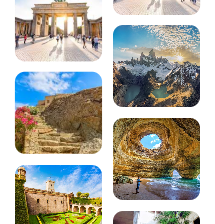

Comments